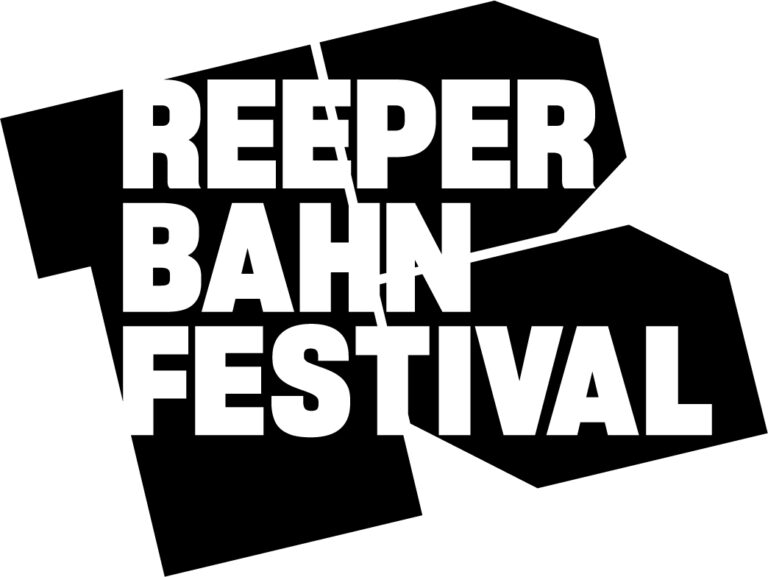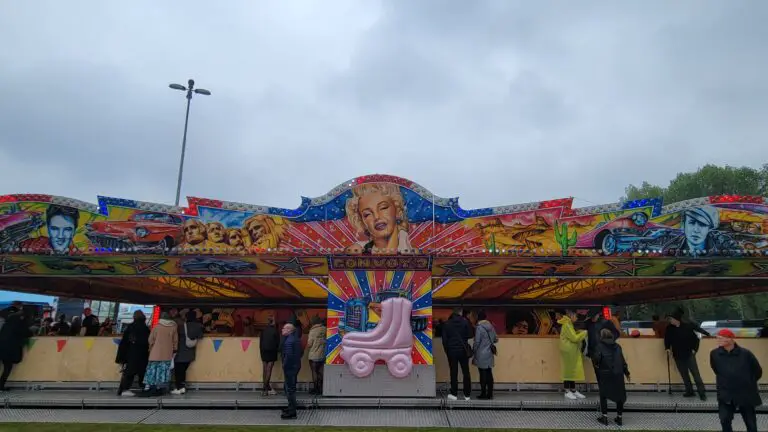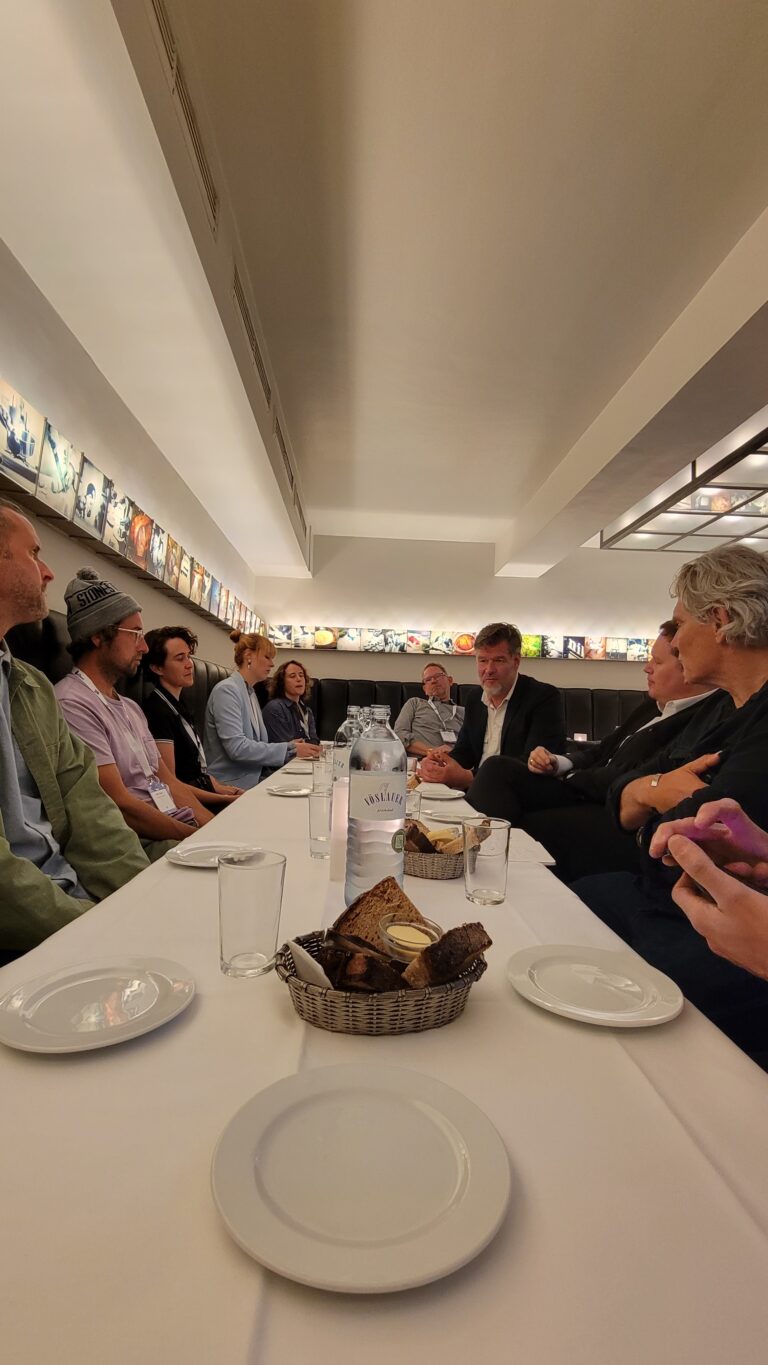

It’s not every day you get the opportunity to be a part of Europe’s largest club festival, but over September 22-25, I traveled to Hamburg, Germany and experienced all that Reeperbahn Festival had to offer. Northern Europe’s version of South by Southwest, Reeperbahn has been going strong for 17 years, highlighting a wide variety of artists from across the European continent, and from around the world. Each year, the festival partners with another country, bringing artists from all over and press from the partner country, to see all that Hamburg has to offer.

Partnering with America in the post-pandemic era meant that the ability to travel overseas had more ease and certainty of flight status than anytime in the past three years. Hamburg reached out to NYS Music for coverage of the festival, and it was an opportunity impossible to pass up.
With 24 combined hours of travel planned, and only 60 hours to spend in Hamburg seeing indie and punk bands in small club settings, the stage for the weekend was quickly set. Add in learning a bit about Hamburg and the role the city plays not just geographically, but also in music history, plus seeing performances at truly marvelous once-in-a-lifetime venues, and this whirlwind trip to a gem of a port on the North Sea made for the perfect return trip to Europe.

Reeperbahn is the area of Hamburg prime for entertainment and nightlife, with musicals, music venues, restaurants and a red light district that, all combined, offer a little something for everyone. ‘Ropewalk’ in English, the Reeperbahn was where rope was made, being just near the Elbe River that brings you well into the European continent or out to the North Sea, The British Isles and Scandinavia. This makes Hamburg “Das Tor zur Welt” – the Gateway to the World.
The Festival Village has its main grounds in the St. Pauli quarter of Hamburg, with a few stages, a Flatstock poster exhibit, roller skating disco, educational displays including water reclamation efforts and a few pop up band performances. Slightly underwhelming as it was – and intentionally so – the Festival Village is not a single-location music festival, but rather spread out across the Reeperbahn area at dozens of clubs and theaters, as well as outdoor stages in the median of the Reeperbahn. Flanked by the ‘dancing towers’ and the neon lights of the red light district, the nightlife was as vibrant as you’d find in Amsterdam. While not a city-wide festival, Reeperbahn gave a taste of what Hamburg has to offer, and left me wanting to return to see more of the city outside the entertainment center.
For comparison sake, take a psychedelic remix of St. Mark’s Place – multiple blocks worth – and with a paid wristband, you get to hop from club to club, seeing bands from across the country, all with the goal of finding their footing and making it to the next level.
This kind of festival of course does happen in America, with SXSW the inspiration, as co-founder and managing director Alexander Schulz shared during a dinner at Restaurant Nil with press from America, England, Denmark and Germany on Thursday evening. For an hour, Schulz entertained questions that got to the heart of why Reeperbahn is not just a notable festival for Europe, but a destination event that draws an international crowd.

Schulz sees Reeperbahn as a way to combine a consumer program with a professional program, with both audiences meeting in the evening. Add in the Reeperbahn ANCHOR awards show on Saturday, showcasing six international finalists, and a strong relationship with the city of Hamburg, and a recipe for success is served up each September.
Navigating the pandemic by partnering in 2020 with Denmark (from which fans could drive) and in 2021 with South Korea (although the festival was mostly virtual), the first year fully back in person brought in the USA and the hope of rekindling the flame that was dimmed for a year or so.
Dr. Carsten Brosda, Minister of Culture and Media for the city of Hamburg, proudly noted that the festival is much bigger than music, and with full capacity allowed and no restrictions, it didn’t take much to get the local and regional governments behind the Reeperbahn Festival. “Whenever something is possible, we do it,” said Brosda. With hundreds working the festival plus more pre and post, the feeling of doing things together has returned, as the culture, concerts and inspiration they provided were not something the city wanted to lose. In 2020, it was the first time seeing artists on a stage all year, following months of lockdown, and some bands didn’t want to leave the stage. Skip ahead to 2021 and a second period of lockdown made it more difficult to hold the 2021 event and was thus virtual.
While global inflation certainly impacted the 2022 event, and the German government maintained a public transportation mask mandate, Reeperbahn Festival served as the gateway to European music, and connected the rest of the world via the United States. This year’s lineup of bands was meant to appeal to the musical tastes of Americans: contemporary, classic rock, techno and electronic, plus German acts that have crossover (including Hamburg duo BOY)
The post Reeperbahn Festival: Europe’s Biggest Club Festival and the Gateway to a World of Music appeared first on NYS Music.

![Fred again.., Skrillex, Anderson .Paak, & 25K Fans Feel The “Rumble” In Downtown SF [Photos/Videos/Audio]](https://utterbuzz.com/wp-content/uploads/2024/06/fred-again-skrillex-anderson-paak-25k-fans-feel-the-rumble-in-downtown-sf-photos-videos-audio-238x178.jpg)






